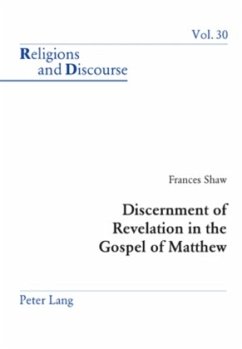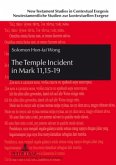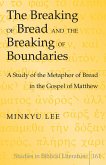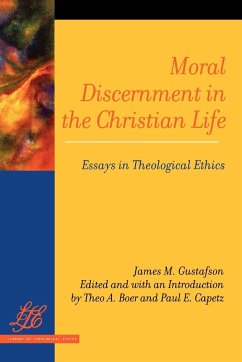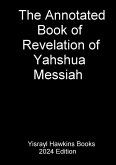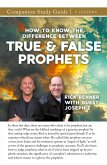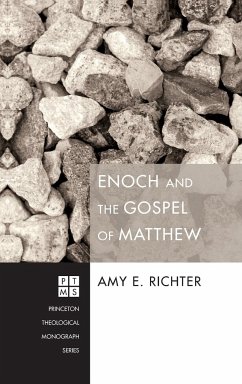In the biblical tradition revelation from God is frequently mediated through certain gifted individuals. Disclosure and hiddenness are both integral to revelation and this study explores how Matthew presents Jesus as a true discerner of revelation and how he seeks to persuade his readers to accept the truth of his claim.
Discernment of revelation is a significant motif running through Matthew's Gospel, relating closely to other aspects of his theological dynamic. This is explored by examining the background in the Old Testament and early Jewish literature, model discernment (Jesus), fragile discernment (Peter) and failed discernment (opponents).
A general composition critical approach is taken, although insights from literary criticism are also used, especially to explore literary devices familiar in the apocalyptic and wisdom traditions which Matthew uses as persuasive tools.
Discernment of revelation is a significant motif running through Matthew's Gospel, relating closely to other aspects of his theological dynamic. This is explored by examining the background in the Old Testament and early Jewish literature, model discernment (Jesus), fragile discernment (Peter) and failed discernment (opponents).
A general composition critical approach is taken, although insights from literary criticism are also used, especially to explore literary devices familiar in the apocalyptic and wisdom traditions which Matthew uses as persuasive tools.

